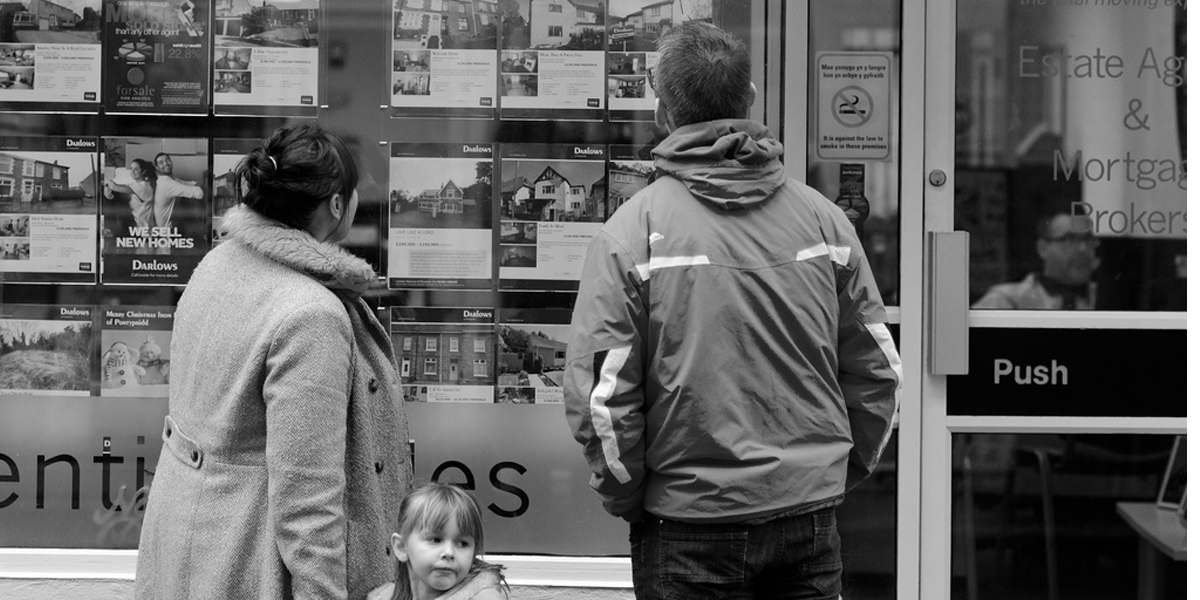Going spare: How to deal with under-occupancy
The UK is in the grip of a housing crisis. This is nothing new; over the course of the second world war the UK lost almost half a million homes to a combination of the Blitz and doodlebug attacks. Add...
The UK is in the grip of a housing crisis. This is nothing new; over the course of the second world war the UK lost almost half a million homes to a combination of the Blitz and doodlebug attacks. Add to that six years’ missed construction and an existing deficit of a further half million homes carried forward from 1939 and demand quickly outstripped supply. The answer, of course, was to build more homes.
Today, building our way out of the current crisis is the only sensible long-term solution, but it’s one we’re struggling to get to grips with. Housing is, by its very nature, a complex dance between public and private sectors, local and national concerns, economics and emotion. Yet 1940s Britain understood this and found a solution that relied far less on new builds and focused on existing stock – lodgers. It’s a solution we can turn to again.
Homeowners are sitting on an estimated 15 million spare bedrooms in England alone. Under-occupancy amongst homeowners stands at 49 per cent, compared to 10 per cent in the social sector and 16 per cent in the private rented sector. If we free up just a fraction of these rooms we’ll have affordable accommodation for hundreds of thousands without having to lay a single brick.
We even have an incentive in place to encourage just that. The Rent a Room Scheme, introduced in 1993, offers a tax break to anyone renting out a room in their home. The current threshold of £4,250 was put in place in 1997 and hasn’t been revisited since. In that time room rents have risen by 103 per cent.
The average UK rent for rooms let to a lodger is now £5,593 a year (£7,667 in London). If the incentive doesn’t keep pace with the market it quickly ceases to be an incentive. By increasing the threshold to £7,500 a year we’ll open up one of the biggest sources of unused housing in the country.
An increase to the threshold would also have wider-reaching benefits. Renting out a room is the single most effective way for homeowners, and many tenants, to generate extra income and deal with the cost of living crisis. It also helps combat the threat of repossession. When interest rates rise – as they eventually must – repossession will become a real threat.
More people renting out rooms means a supply of affordable accommodation, largely for the younger generation, but also for the increasing number of 40- and even 50-somethings who can’t afford to rent on their own. With ownership drifting out of the reach of millions we have to provide suitable, affordable alternatives.
There are secondary benefits to the environment and the economy. Two people living together have a 40 per cent lower carbon footprint (per person) than they would living separately; this rises to 59 per cent for people sharing a five bed house. London and the South-East face acute shortages of affordable housing and businesses are struggling to recruit in these areas. Increased supply keeps rents down and enables people to live where jobs are being created. 80 per cent of all new private sector jobs created from 2010-2012 were in London.
We need to build many more homes, but we also need to become more efficient at using the housing stock we have. The argument is simple – increase the Rent a Room Scheme threshold so it reflects the market it operates in and encourages lodging as a serious housing option.
Matt Hutchinson is director of SpareRoom.co.uk
